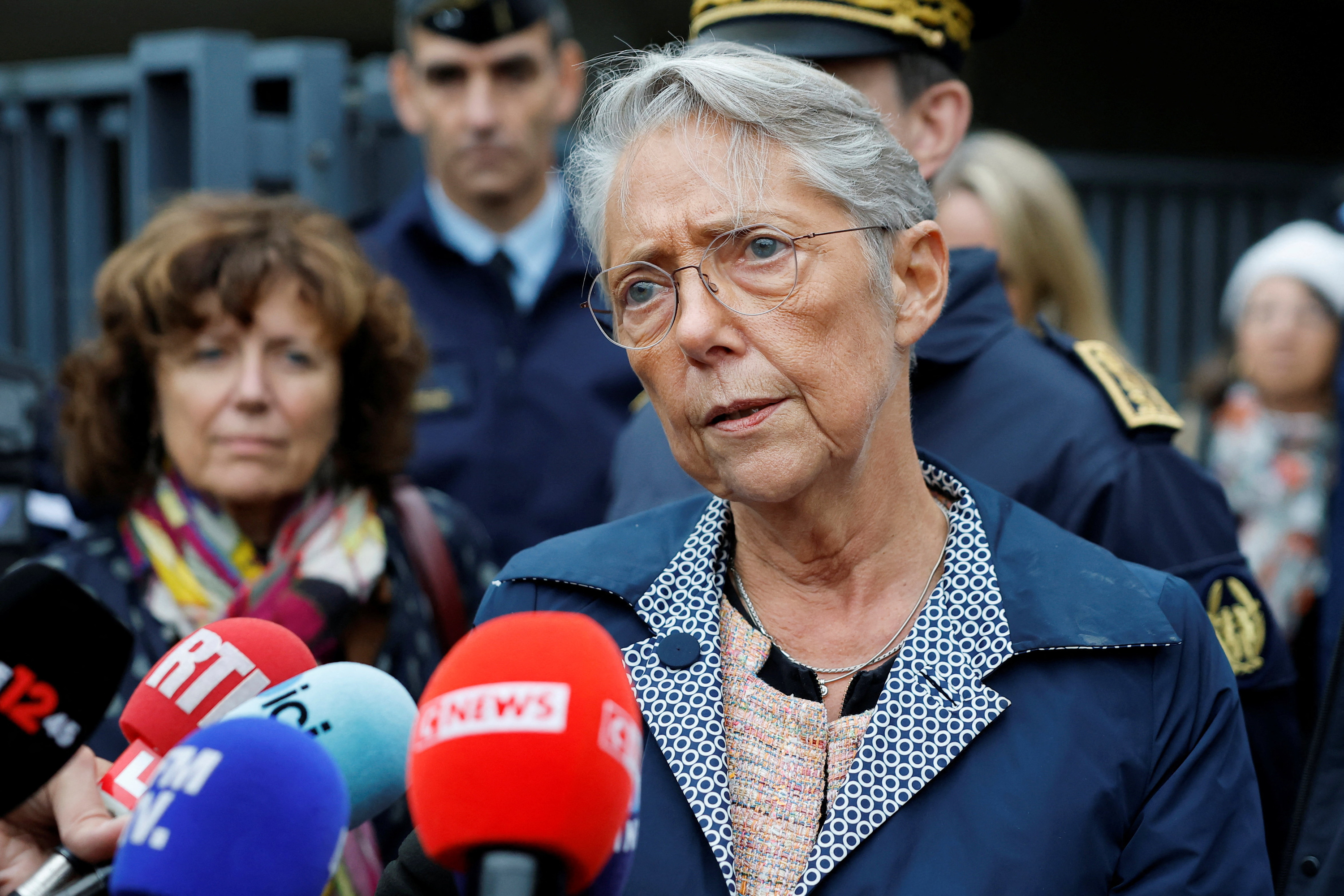Macron’s Government Faces Crisis as Borne Opens Door to Pension Reform Suspension
Amid mounting opposition and internal fractures, Élisabeth Borne signals willingness to suspend controversial pension reform as Macron’s government struggles for stability.
- • Élisabeth Borne open to suspending the controversial pension reform raising retirement age to 64.
- • Resigning PM Sébastien Lecornu urges political compromise to resolve government crisis.
- • Socialists demand suspension of reform to avoid government censure vote.
- • Union leaders divided on Borne’s shift; CGT condemns, CFDT sees hope.
- • Macron faces increasing isolation as presidential camp fractures.
Key details
France is witnessing an escalating political crisis within President Emmanuel Macron’s government amidst widespread opposition to the controversial pension reform that raised the retirement age from 62 to 64. The resigning Minister of National Education, Élisabeth Borne, in a notable shift, has suggested a potential suspension of the pension reform, a plan she had previously championed. This unexpected volte-face signals a political outreach toward opposition parties during tense negotiations to resolve the crisis.
Borne’s remarks, made in an interview with Le Parisien, come as resigning Prime Minister Sébastien Lecornu engages in last-minute talks to form a political compromise for the 2026 budget. Lecornu has set a Wednesday evening deadline to secure a 'platform for action and stability,' warning the center-right Républicains party to decide quickly on government participation or face consequences including leftist leadership or dissolution of the government, according to Laurent Wauquiez, LR deputies leader.
The pension reform has sparked massive protests, with over 80% of the French public rejecting it. Sophie Binet, general secretary of the CGT union, criticized Borne’s shift as an acknowledgement of the reform's failure and called for its total repeal, emphasizing a democratic gap caused by government stubbornness. Some union leaders expressed mixed reactions: while CGT views the change as a defeat, CFDT leaders consider Borne’s openness a positive sign.
Macron’s position is increasingly isolated amid internal party fractures and growing disapproval. The presidential camp appears fractured, with members wary of concessions to the Socialists, who have made the suspension of the reform a condition to avoid a censure vote. Borne’s initiative is seen by Socialist leader Olivier Faure as a "late but positive awakening," but some Macronist deputies fear this could lead to a Socialist-led government.
As France approaches a critical political juncture, Borne’s call for her party to "listen and adapt" reflects an urgent need to rebuild consensus. With only days to form a stable government before the budget vote, the future of Macron’s presidency and the pension reform remain uncertain in a deeply divided political landscape.
This article was translated and synthesized from French sources, providing English-speaking readers with local perspectives.
Source articles (4)
Source comparison
Latest news
Katy Spicher Sues French State for Denial of Justice Over Unsolved 1983 Murder of Her Mother
French Public Sees Rise in Political Violence Amid Pre-Municipal Election Tensions
Businesses Drive French Economy Amid Rising Financial Challenges for Youth
France Climbs to 4th Place in 2026 Winter Olympics Medal Table After Biathlon Relay Gold
XV de France to Field Largely Unchanged Lineup Against Italy in Six Nations
France and India Deepen Strategic Partnership with Focus on AI Regulation and Defense Cooperation
The top news stories in France
Delivered straight to your inbox each morning.


